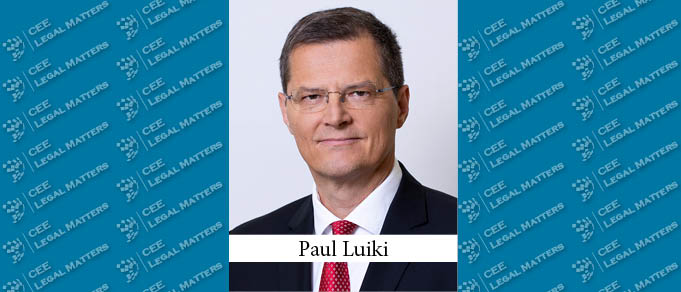“The fairly stringent lockdown imposed by the Austrian Government in mid-March resulted in a relatively small number of infections,” says Paul Luiki, Partner at Fellner Wratzfeld & Partners in Vienna. “Apart from being able to get the infection under control, they also introduced a EUR 38 billion package to help the economy recover. Even though room for improvement always exists, given the little time the Government had to act, I think the support package on the whole has worked out just fine.”
Luiki is satisfied with the fact that measures imposed by the country’s Government were successful and ultimately allowed most people to keep their jobs. “More than 25 percent of all Austrian employees have been enrolled in the ‘Short-Time Working Program for Austria,’ in which the Government pays between 80 and 90 percent of salaries," he says. "This helped a lot of employees keep their jobs. Other measures include liquidity measures for small and large businesses, a EUR 2 billion hardship fund, short-term grants, guarantees for loans, and so on, all in order to keep businesses afloat.”
A controversy has arisen over the impact of the old Epidemics Act, reports Luiki. “This is a piece of legislation that gives especially owners of restaurants and hotels, all of the businesses that are suffering the most, some more rights when epidemics are announced and they are forced to close down their business. Now, questions are being asked whether they can claim loss of earnings under the Epidemics Act as opposed to just applying for grants, and for some companies obtaining full compensation for loss of earnings for even just a few weeks might turn out to be essential for them in these challenging times.”
Luiki, himself a transactional lawyer, reports that the volume of deals is down by around 40 percent in German-speaking jurisdictions, but he says that the deals that started before COVID-19 hit are still making it to the finish line. “Wherever a lot of time and money has been invested in a transaction, companies will naturally often try to get them done, even in this situation,” he says. “Compared to the sectors which are obviously struggling, like tourism and the airline industry, the technology sector is very active. Austria has a good reputation for having excellent niche software companies, and the interest for them remains very high.” Luiki adds that even though it’s logical that business is not functioning as it did before the crisis, he “still expects a new peak in investment if we continue having good results with the pandemic.”
On how work has changed, “I think we are never going to be as efficient working in a virtual surrounding as we are working in person,” he concludes, citing negotiations for an M&A deal with a large group of participants. “However, working virtually for many tasks is definitely possible, and the more we use modern technology, the more sophisticated we get with it. I like the fact that this way, we are able to see people we weren’t frequently seeing before – like our colleagues from other countries, for example. In the end, if you look at it, there’s a positive side to all that has happened, too.”

















